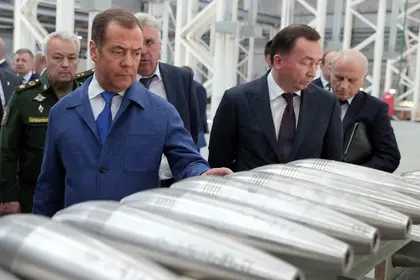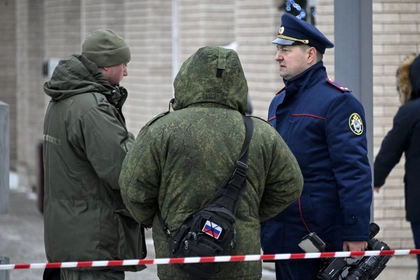More Ukrainian refugees in Germany should take up work, German Chancellor Olaf Scholz said over the weekend, promising that this would secure their right to stay as fewer than two in 10 are currently employed.
Germany is the EU country that has taken in the most Ukrainian refugees, about a third of the total, or 1,300,000 people. However, according to the Polish Economic Institute, only about 18% were employed in January 2024, one of the lowest rates in the OECD.
JOIN US ON TELEGRAM
Follow our coverage of the war on the @Kyivpost_official.
This is a sore point for Scholz, who said in a speech in Potsdam on Saturday: “We hope that those who are here from Ukraine, as far as they are able to work, will now start to work.”
He also argued that Ukrainians were needed to help combat Germany’s labour shortage.
According to the centre-left Friedrich Ebert Stiftung think tank, bureaucracy and the recognition of qualifications are the main barriers to employment for Ukrainians in Germany, while others point to supposedly generous unemployment benefits.
With almost half of the Ukrainian refugees in Germany wanting to stay, Scholz has promised that employment would secure their right to do so.
“In Germany, anyone who is employed here and not guilty of any offence will be almost certainly allowed to stay,” he said.
His comments touch on a sensitive issue, however, as Germany also has Ukrainian men of fighting age, between 18 and 60, on its territory.

Ukraine Must Join the Joint Expeditionary Force, and the UK Should Lead the Way
But Ukraine is desperately trying to persuade more of these men to return to defend the country against Russian aggression.
The government recently announced that men between the ages of 18 and 60 who are currently living abroad will no longer be able to renew their passports.
The interior minister of the German state of Hesse, Roman Proseck (CDU/EPP), said last week that Germany should “help Ukraine to rely on men who have fled abroad but can be deployed in the war”.
While Scholz said the lack of documentation would not affect the Ukrainians’ protected status, the protection granted by the European Union expires in March 2025.
A possible extension would be a matter for the EU, the German Interior Ministry said on 6 May, adding that it had not yet been approached by the Ukrainian government regarding recruitment.
You can also highlight the text and press Ctrl + Enter






